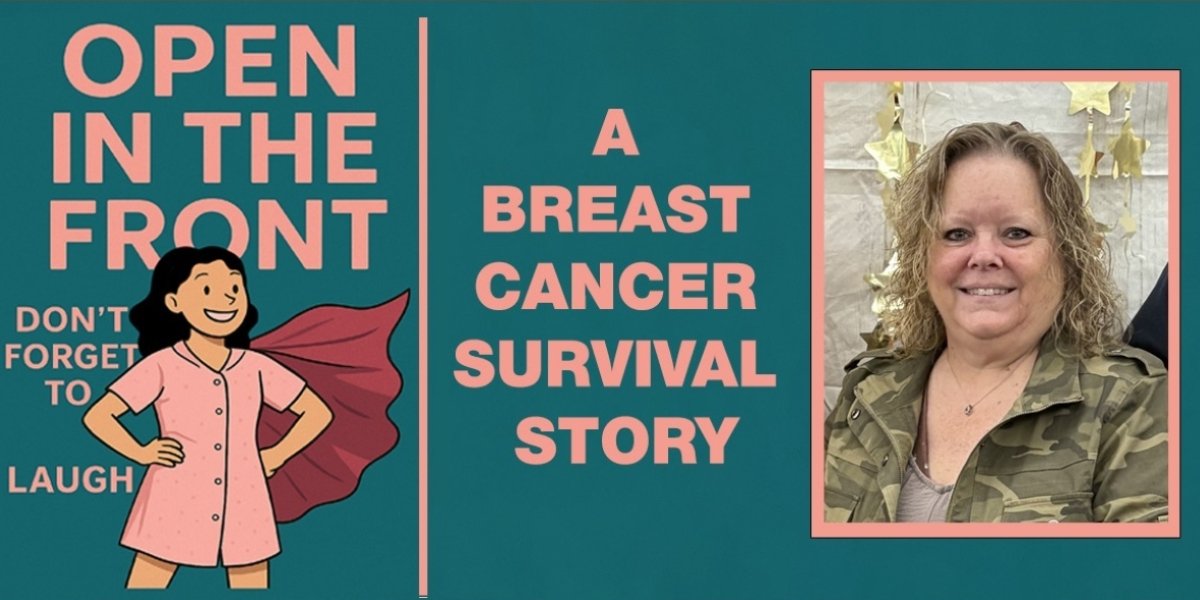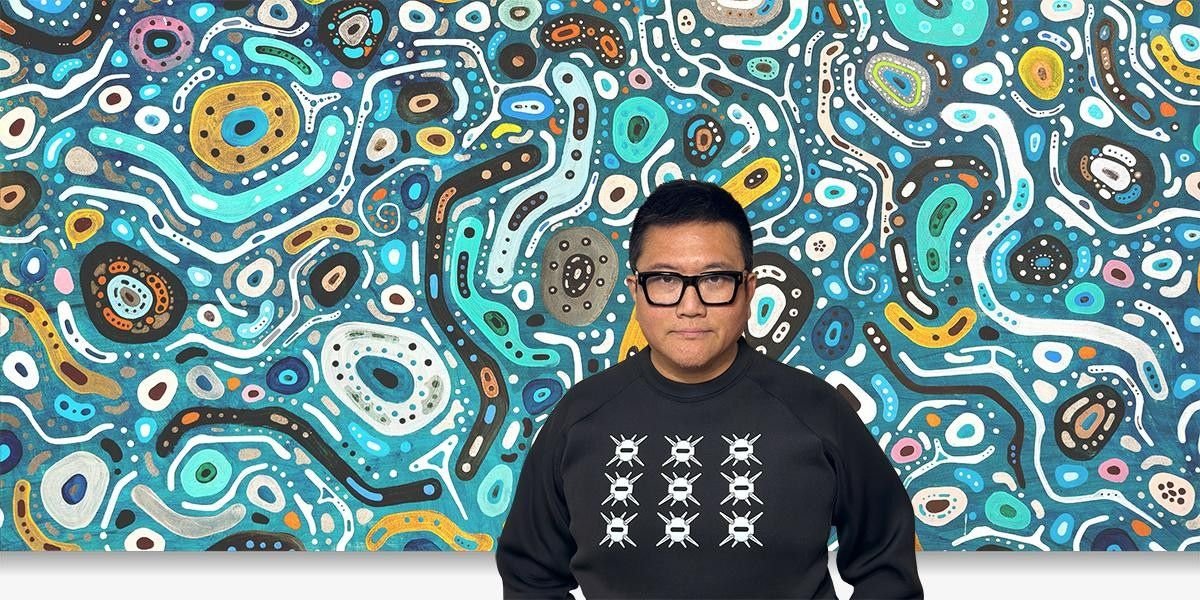A key factor that leads numerous artists to substance abuse is the powerful thrill they feel when interacting with their spectators. When artists take the stage or display their creations, they are typically greeted with praise, applause, and a sense of affirmation. This electrifying bond with their spectators can be extremely addictive, offering them a unique euphoria that’s hard to duplicate in daily life.
However, once the show ends and the artist reverts to their normal routine, they might experience an emotional downturn. The stark disparity between the thrill of being in the limelight and the humdrum reality of daily life can be overpowering. This abrupt transition from being the focal point to just being an ordinary individual can result in feelings of void, solitude, and a loss of direction.
In their quest to regain the exhilarating highs and evade the emotional lows, some artists resort to drugs. Substance misuse can momentarily relieve feelings of hollowness and induce a sense of synthetic thrill. Drugs can generate a deceptive sense of bliss, temporarily filling the gap left by the lack of audience admiration.
Furthermore, the strain to consistently generate outstanding work and sustain a certain degree of creativity can also lead to an artist’s drug consumption. The dread of failing to match their past achievements or fulfill their audience’s expectations can be immobilizing. Drugs might provide a temporary respite from this strain, enabling artists to momentarily mute their self-questioning and liberate their creativity without restraint.
Regrettably, the dependency on substances to maintain their artistic endeavors often results in a harmful loop. As the artist grows more reliant on drugs to attain the same level of thrill and inspiration, their creativity and overall health may deteriorate. The adverse effects of drug misuse, such as physical and mental health problems, strained relationships, and a decrease in artistic productivity, can ultimately eclipse any fleeting advantages they may have initially pursued.
In summary, the primary reason many artists resort to drugs is the intense exhilaration they feel while interacting with their audience. The longing to relive that peak, evade the emotional troughs, and manage the stresses of their career can propel them towards substance misuse. However, it is vital to understand that depending on drugs as a source of inspiration and affirmation can have harmful impacts on an artist’s creativity, health, and overall wellness.
Staying humble is essential for everyone, irrespective of their career or way of life. This is especially relevant for artists, who frequently live luxurious lives characterized by fame, achievement, and acclaim. However, amid all the sparkle and allure, it’s vital for artists to realize and accept their profound need for family, just like anyone else.
The artist’s life is often depicted as lavish and perpetually thrilling. They might be encircled by devoted fans, participate in high-profile events, and earn praise for their artistic endeavors. Such a lifestyle can effortlessly result in a feeling of disconnection from reality and a loss of touch with the things that genuinely matter in life.
In this context, family doesn’t just mean blood relatives, but also encompasses the tight bonds that artists form with their dear ones. These connections offer a foundation of support, stability, and unconditional affection that is crucial for an individual’s overall mental health. Despite the sparkle and allure, artists are people who yearn for the warmth and security of familial ties.
Family functions as a stabilizing force in an artist’s life, grounding them and keeping them connected to their origins. It acts as a continuous reminder of their principles, convictions, and the significance of remaining authentic. Amidst a rapidly moving and frequently uncertain career, family offers a sense of steadiness and a sanctuary where artists can withdraw to rejuvenate and seek comfort.
In addition, family is crucial in the personal evolution and progression of an artist. They offer a supportive atmosphere where artists can express themselves openly, delve into their creativity, and obtain beneficial feedback. Family members often act as a sounding board, providing important viewpoints and outlooks that assist artists in honing their skills and dealing with the intricacies of their chosen profession.
Moreover, family provides emotional backing during the peaks and valleys of an artist’s career. They rejoice in the victories, partake in the happiness, and offer a supportive presence during times of letdown or failure. In a world that can be capricious and uncertain, possessing a robust support network in the form of family is priceless.
In summary, although an artist’s life may appear dazzling and thrilling, it’s vital for them to stay humble by acknowledging their profound dependence on family. Family offers artists a foundation of stability, backing, and a feeling of inclusion that is vital for their comprehensive health and individual development. By keeping in touch with their origins and fostering their familial ties, artists can sustain a harmonious and rewarding life in the midst of the sparkle and allure of their selected career.
For more information, visit www.ibogaineclinic.com or call 1-800-818-4511.
Published by: Martin De Juan
















